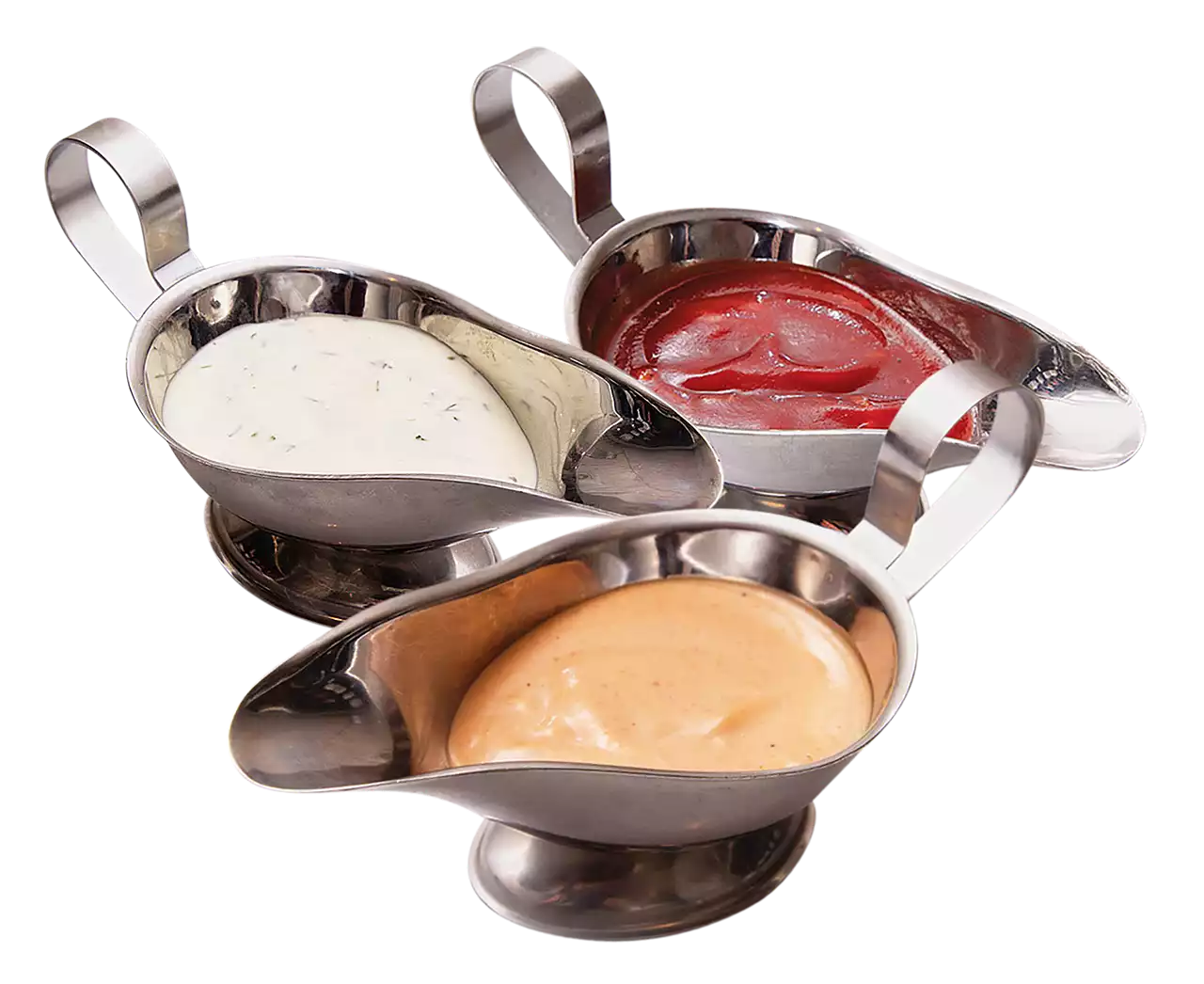If you've ever savored a delicious croissant or indulged in a mouthwatering coq au vin, you owe a debt to the rich history of French culinary traditions. For centuries, France has been revered as a gastronomic haven, with its famous cuisine captivating taste buds around the world. From the lavish feasts of royalty to the humble creations of rustic villages, the history of French culinary is a tale of innovation, elegance, and passion. Rooted in a deep appreciation for fresh ingredients and meticulous preparation, the French culinary tradition has influenced countless food cultures globally. One cannot discuss French cuisine without mentioning the legendary chefs and their contributions. The iconic figures like Auguste Escoffier and Julia Child have revolutionized the culinary world with their techniques and recipes, leaving an indelible mark on French gastronomy. Today, French culinary remains a symbol of sophistication and gastronomic excellence. Its techniques, flavors, and presentation continue to inspire chefs worldwide. In this article, we will delve into the fascinating history of French culinary, exploring its origins, influencers, and iconic dishes. Join us as we embark on a delectable journey through time, uncovering the secrets behind this celebrated cuisine. (Word count: 160)
Influences on French Cuisine Throughout History
**1. Roman Influence**
French culinary traditions can trace their roots back to the Roman Empire. The Romans brought with them a love for wine and the cultivation of grapes, which laid the foundation for France's esteemed wine culture. They also introduced various cooking techniques, including the use of sauces and spices, which greatly influenced the development of French cuisine. The Romans' emphasis on the quality of ingredients and the art of cooking played a significant role in shaping the future of French gastronomy.
**2. Medieval Era and the Influence of Monastic Orders**
During the medieval era, monastic orders played a crucial role in the development of French culinary traditions. Monks cultivated gardens and kept livestock, leading to the production of fresh ingredients. They also developed techniques for preserving food, such as smoking and salting, which allowed for the sustenance of communities during long winters. Monasteries became centers of culinary knowledge, with monks experimenting and refining recipes, ultimately contributing to the evolution of French cuisine.
**3. Renaissance and the Birth of Haute Cuisine**
The Renaissance period was a time of cultural and culinary transformation in France. The French court, under the reign of King Louis XIV, became a hub of luxurious feasts and extravagant dining experiences. This marked the birth of haute cuisine, characterized by elaborate presentations, refined flavors, and intricate techniques. French chefs began to elevate cooking to an art form, incorporating elaborate garnishes and innovative cooking methods. The Renaissance era laid the foundation for the elegance and sophistication that would come to define French culinary traditions.
**4. The Influence of Colonialism**
French colonialism had a significant impact on the evolution of French cuisine. French explorers and colonists brought back exotic ingredients from their travels, introducing new flavors and spices to the French culinary repertoire. The fusion of these ingredients with traditional French cooking techniques resulted in the creation of unique dishes. The culinary traditions of French colonies, such as Vietnam and Algeria, also influenced French cuisine, leading to the incorporation of flavors and techniques from these regions.
**5. The Revolution of French Cuisine in the 19th Century**
The 19th century saw a revolution in French cuisine, spearheaded by legendary chef Auguste Escoffier. Escoffier's innovative approach to cooking and organization in the kitchen transformed the culinary landscape. He codified the techniques of French cuisine and introduced the concept of the brigade system, which streamlined kitchen operations. Escoffier's emphasis on simplicity and the quality of ingredients became the guiding principles of French culinary traditions. His recipes and culinary philosophy continue to inspire chefs worldwide.
**6. The Influence of Julia Child and the Popularization of French Cuisine**
In the 20th century, Julia Child played a pivotal role in popularizing French cuisine in the United States. Her groundbreaking cookbook, "Mastering the Art of French Cooking," introduced Americans to the techniques and flavors of French cuisine. Through her television show, "The French Chef," Child demystified French cooking and made it accessible to home cooks. Her passion for French culinary traditions ignited a culinary revolution in America, inspiring a new generation of chefs and food enthusiasts.
**7. Modern French Cuisine and Contemporary Influences**
Today, French cuisine continues to evolve while staying true to its roots. Modern French chefs combine traditional techniques with contemporary influences, creating innovative dishes that push the boundaries of gastronomy. The farm-to-table movement has also gained prominence in France, emphasizing the use of locally sourced, seasonal ingredients. Chefs like Alain Ducasse and Pierre Gagnaire are at the forefront of this culinary revolution, championing sustainability and highlighting the diversity of French regional cuisines.
In conclusion, the history of French culinary is a tapestry of influences, innovations, and iconic figures. From the Roman Empire to the modern farm-to-table movement, French cuisine has been shaped by a myriad of factors throughout history. The dedication to quality ingredients, meticulous preparation, and artistic presentation continue to define French gastronomy. Whether you're savoring a classic Coq au Vin or exploring the avant-garde creations of a Michelin-starred restaurant, French cuisine invites you to indulge in a culinary experience like no other. So, raise your glass of Bordeaux and toast to the rich history and enduring legacy of French culinary traditions.







